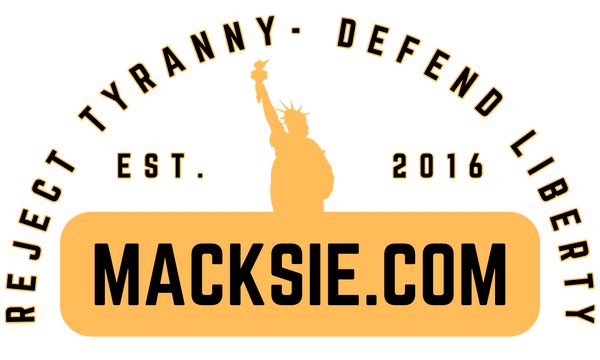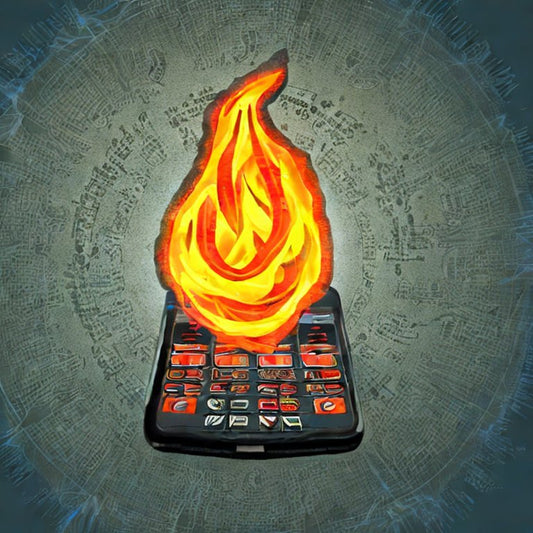JPMorgan Chase, the largest bank in the United States, has acquired most of the assets of First Republic Bank after the bank failed, in a deal announced early Monday. The acquisition will protect the deposits of First Republic's customers, but it raises concerns about the stability of the US banking system and the value of the US dollar.
This latest acquisition by JPMorgan Chase comes after a string of bank failures in recent months. Silicon Valley Bank and Signature Bank both failed in March, and the collapse of those banks sparked weeks of speculation about the health of US regional banks, particularly those with a largely uninsured deposit base.
The failure of First Republic Bank, which started operations in 1985 with a single San Francisco branch and is known for catering to wealthy clients in coastal states, has caused particular concern. The bank had assets of $229.1 billion as of April 13 and was the nation's 14th-largest bank, according to a ranking by the Federal Reserve.
The FDIC, which insures deposits for bank customers, immediately took control of First Republic and announced the sale. Under the deal, JPMorgan Chase will assume the deposits, insured and uninsured, of First Republic, but it will not assume the bank's corporate debt. The FDIC will cover 80% of any losses incurred on First Republic's portfolio of single-family residential mortgage loans and commercial loans over the next five to seven years.
JPMorgan Chase will make a $10.6 billion payment to the FDIC and return $25 billion in funds that other banks deposited with First Republic in March in a lifeline negotiated with Treasury at that time. JPMorgan will record a one-time gain of $2.6 billion on its books from the deal, although it expects to spend $2 billion on restructuring through the end of 2024.
The FDIC's rules mean that any customers with $250,000 or less in First Republic will have those funds insured by the agency. First Republic reported last week that its uninsured deposits totaled $19.8 billion, not counting $30 billion in uninsured deposits it received from other banks as part of the attempt to keep the bank afloat.
The collapse of these banks has caused concern among federal regulators about a loss of confidence in the US banking system, which could damage the US economy. The FDIC's failure to prevent these bank failures raises questions about its ability to protect depositors and prevent future bank failures.
The collapse of these banks also raises questions about the value of the US dollar. As more banks fail, investors and depositors may begin to lose confidence in the US banking system and the US dollar. If this happens, the US economy could suffer severe consequences, including inflation, high unemployment, and a weak economy.
In addition, the failure of these banks could lead to a run on other regional banks, particularly those with a large uninsured deposit base. Depositors may withdraw their funds from these banks, causing a liquidity crisis that could lead to more bank failures and damage the US economy.
The acquisition of First Republic Bank by JPMorgan Chase may protect the deposits of First Republic's customers, but it does not address the underlying issues facing the US banking system. The failure of these banks and the concerns they raise about the US dollar and the stability of the banking system should serve as a warning to investors and depositors to be cautious and vigilant in protecting their assets.









